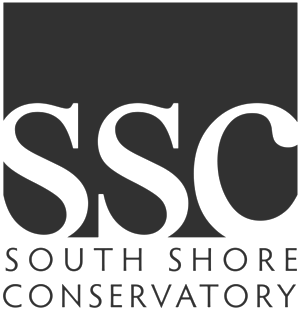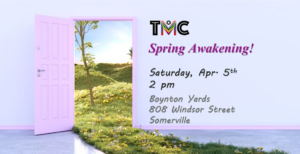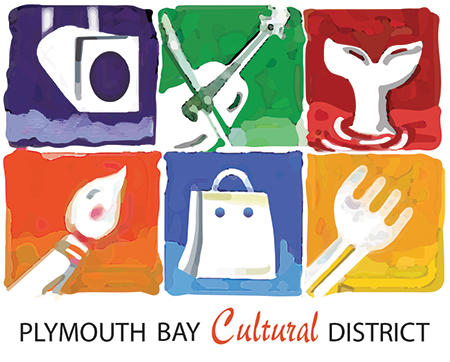
on the YMCA’s Emilson campus in Hanover. Photo by David L. Ryan
THE BOSTON GLOBE – Hanson resident Brenda Myette wants to get better at breathing.
Most of us take it for granted, but Myette is 70 years old and was diagnosed with Parkinson’s disease at age 59. One of the symptoms of her illness is shortness of breath.
As a stepping stone toward her goal, Myette has joined a newly established chorus for Parkinson’s patients and their care partners at the South Shore YMCA. The program, which just began meeting at the beginning of January, was created in partnership with the South Shore Conservatory.
The chorus gathers at Laura’s Center for the Arts, located at 97 Mill St. in Hanover, on the YMCA’s Emilson campus.
“Singing improves muscles involved in swallowing and respiratory control,” said Dr. Marie-Helene Saint-Hilaire, director of the American Parkinson Disease Association Center for Advanced Research at Boston University. “Exercise is extremely important with Parkinson’s. It’s as important as the medication.”

Programs like these should be accessible across the region, said Eve Montague, director of the Creative Arts Therapies department at the South Shore Conservatory. The new chorus is one of only four of its kind in Massachusetts, she said, recalling an individual who was commuting almost an hour from Duxbury to the chorus in Newton.
“I can’t drive that far. Anxiety is a big problem with Parkinson’s,” Myette said. “I’m more comfortable when I can stay around town.”
Montague wants the program to be financially accessible, as well. In October 2018, the chorus received a $7,290 grant from the Massachusetts chapter of the American Parkinson’s Disease Association.
There was some discussion over whether to charge members, she said, but ultimately it was decided that the chorus should be free. Many patients have countless other medical bills and required therapies, Montague said.
The group has only met a handful of times so far, but members are eager to practice breathing exercises in order to maintain speech control for as long as possible, Montague said. However, it’s not all about the medical benefits — the chorus is also a creative and social outlet.
The members should feel like this is their group, Montague said. They will pick the music, and so far they have been most enthusiastic about music from the ’50s, ’60s, and ’70s. The Beatles and classic rock bands are group favorites.
“I like doo-wop music or rock ’n’ roll. I like country, too,” Myette said. “I enjoy those better because I know the words.”
Myette, like many others with Parkinson’s, is often out of breath by the end of the songs. She usually leaves rehearsal half an hour early because her medication, which she takes seven times a day, wears off around 2 p.m.
But Myette loves singing and dancing, even if she’s not completely confident she can hold a tune. She was never a group person, but became one after her diagnosis. Programs like these keep her motivated to keep getting out of the house, she said.
By Ysabelle Kempe, Globe Correspondent






